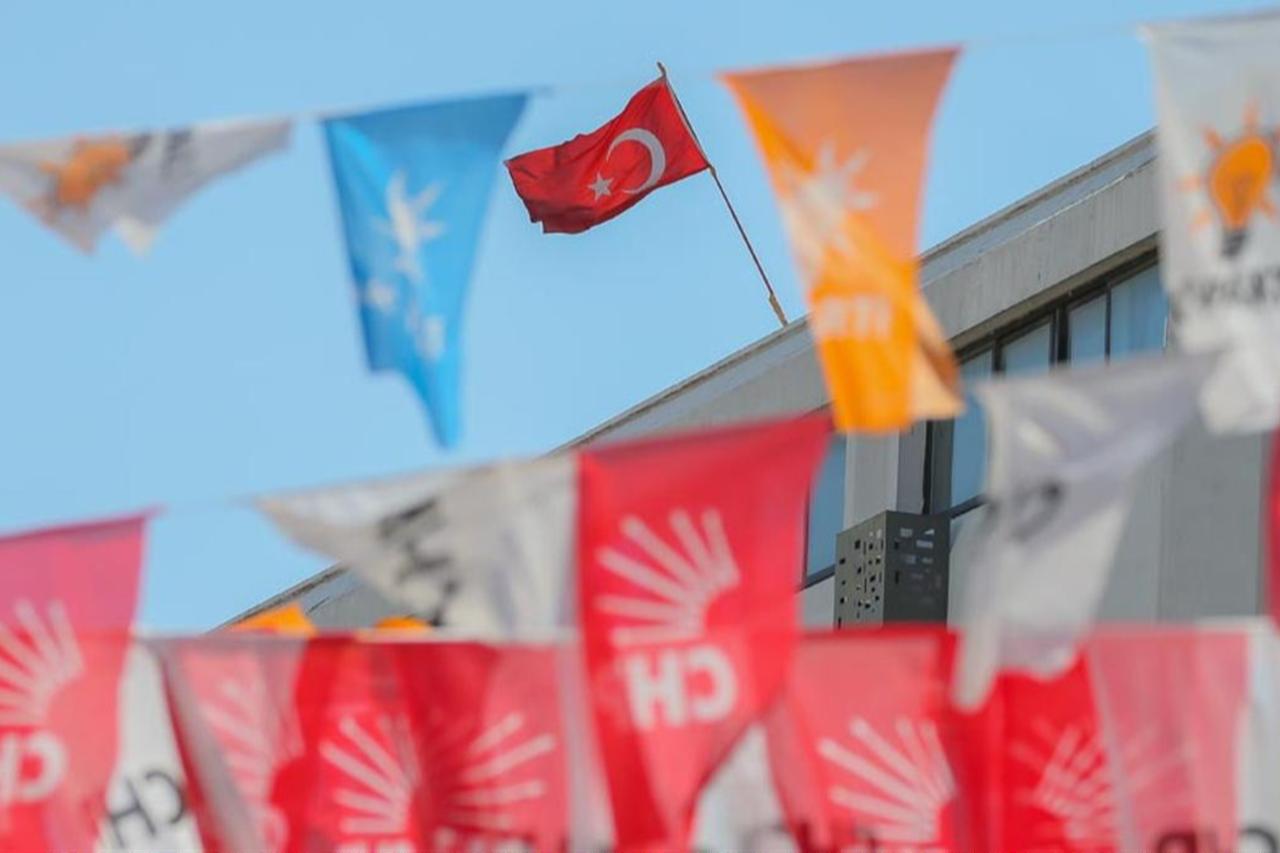
Türkiye’s ruling Justice and Development Party (AK Party) holds a slim lead over the main opposition Republican People’s Party (CHP), according to the latest June poll conducted by GENAR Research, as shifting alliances and economic anxiety continue to reshape voter preferences.
The GENAR survey shows the AK Party at 34.3%, followed closely by the CHP at 32.6%. The pro-Kurdish Peoples’ Equality and Democracy Party (DEM Party) has risen to 10.1%, while the nationalist Nationalist Movement Party (MHP) holds 8.9%. The far-right Victory Party (Zafer Party) polled at 3.8%, followed by the Islamist New Welfare Party (Yeniden Refah Party) at 3.3%.
The liberal-conservative Good Party (Iyi Party) has declined to 2.9%, with the newly emerging Key Party (Anahtar Party) at 2.1% and the socialist Workers’ Party of Türkiye (TIP) at 1.3%. Other minor parties collectively accounted for 0.7% of support.
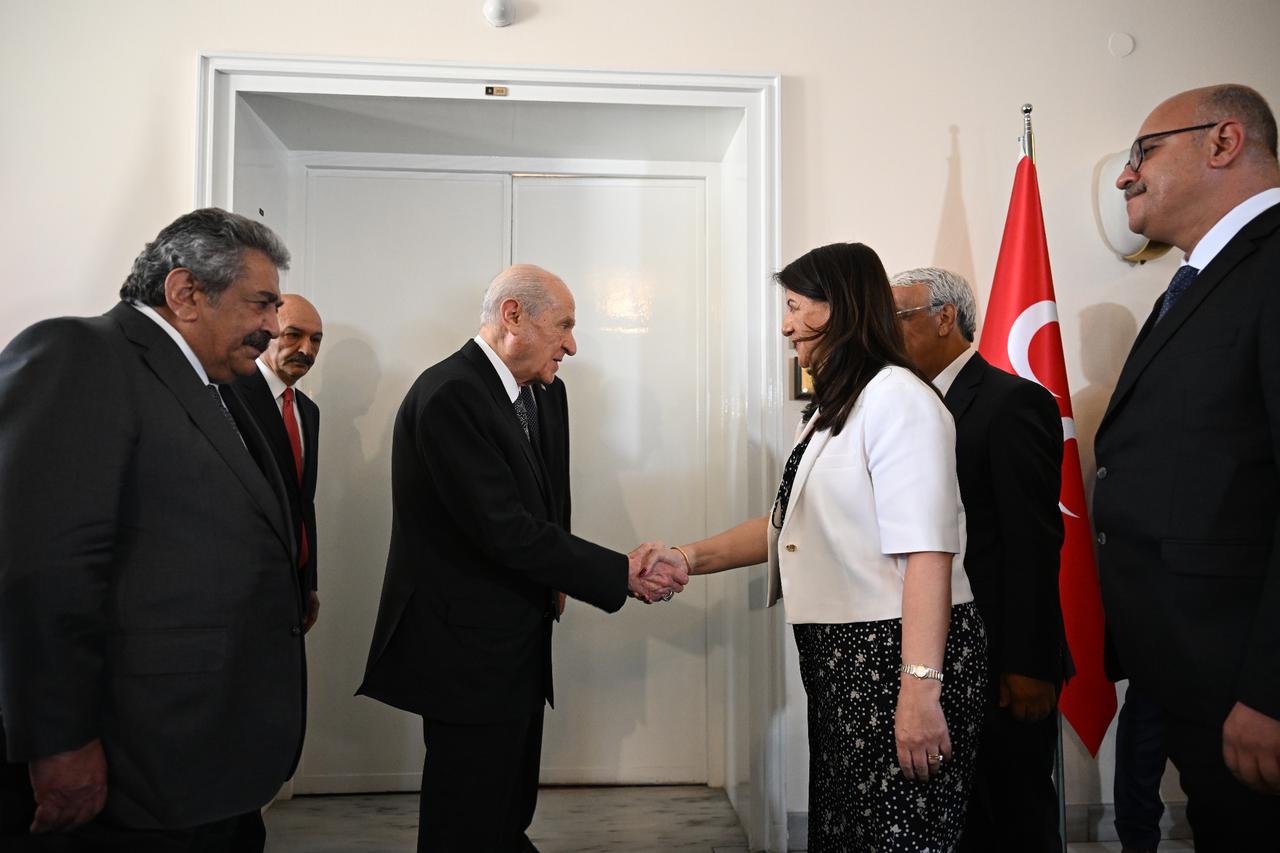
Columnist Abdulkadir Selvi noted a resurgence in support for the DEM Party, attributing it to shifting public perceptions and support for the ongoing “terror-free Türkiye” process. As the party distances itself from its controversial past, it appears to be regaining votes, particularly in western Türkiye.
In contrast, the Iyi Party is rapidly losing traction, with some observers likening its role to that of a “mid-tier” team in football. The Zafer Party is also showing signs of decline after its brief nationalist surge.
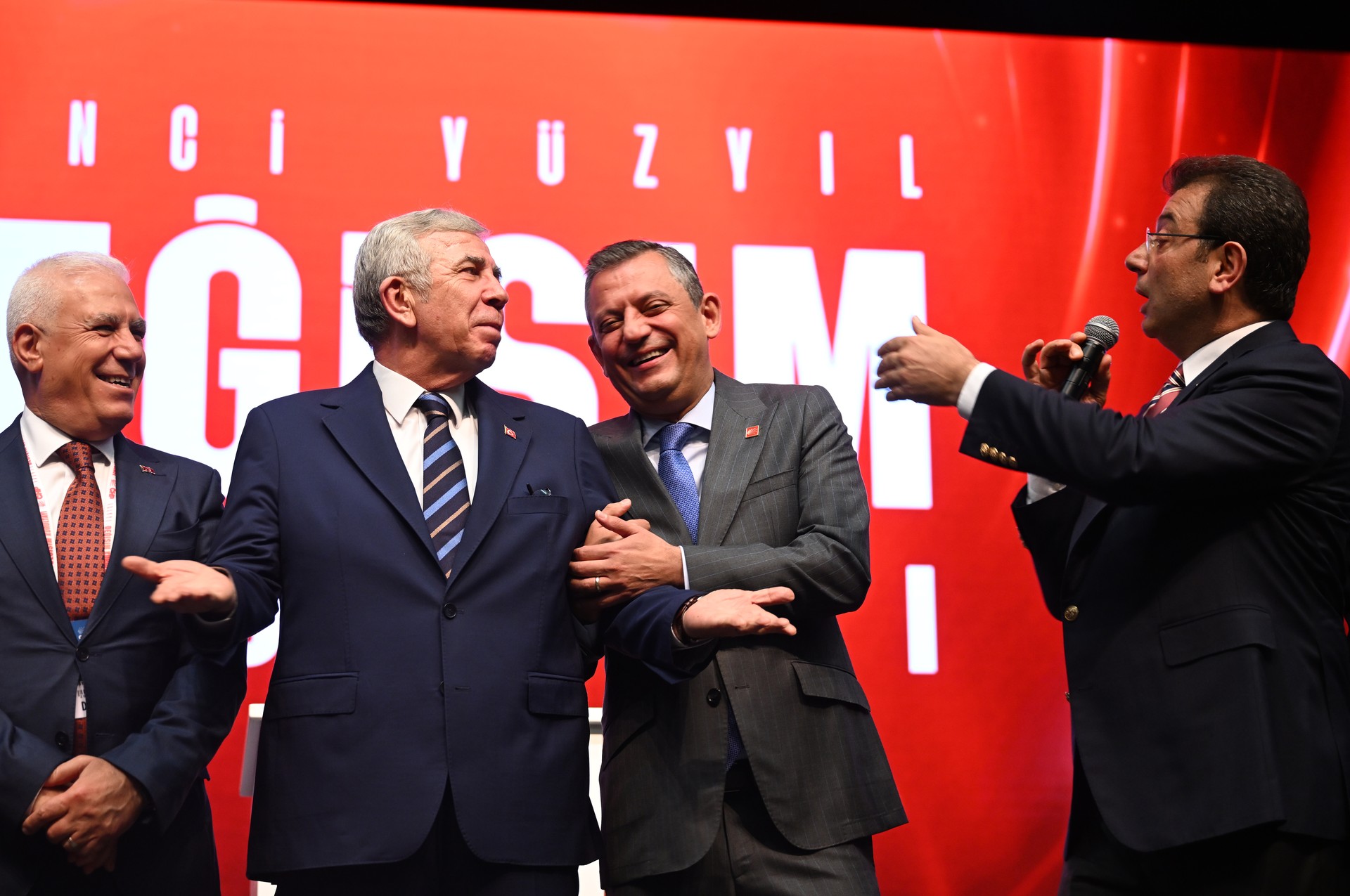
Selvi attributes the CHP’s recent boost to the political energy following the arrest of former Istanbul Mayor Ekrem Imamoglu. At its peak, CHP had reached 35.6%, though recent polling shows it stabilizing around 32%.
Selvi argues the party has failed to offer strong messaging on major national and global issues. “The CHP has essentially become the Imamoglu Party,” he said, noting its lack of response to key developments in Syria, Iran, and other international arenas.
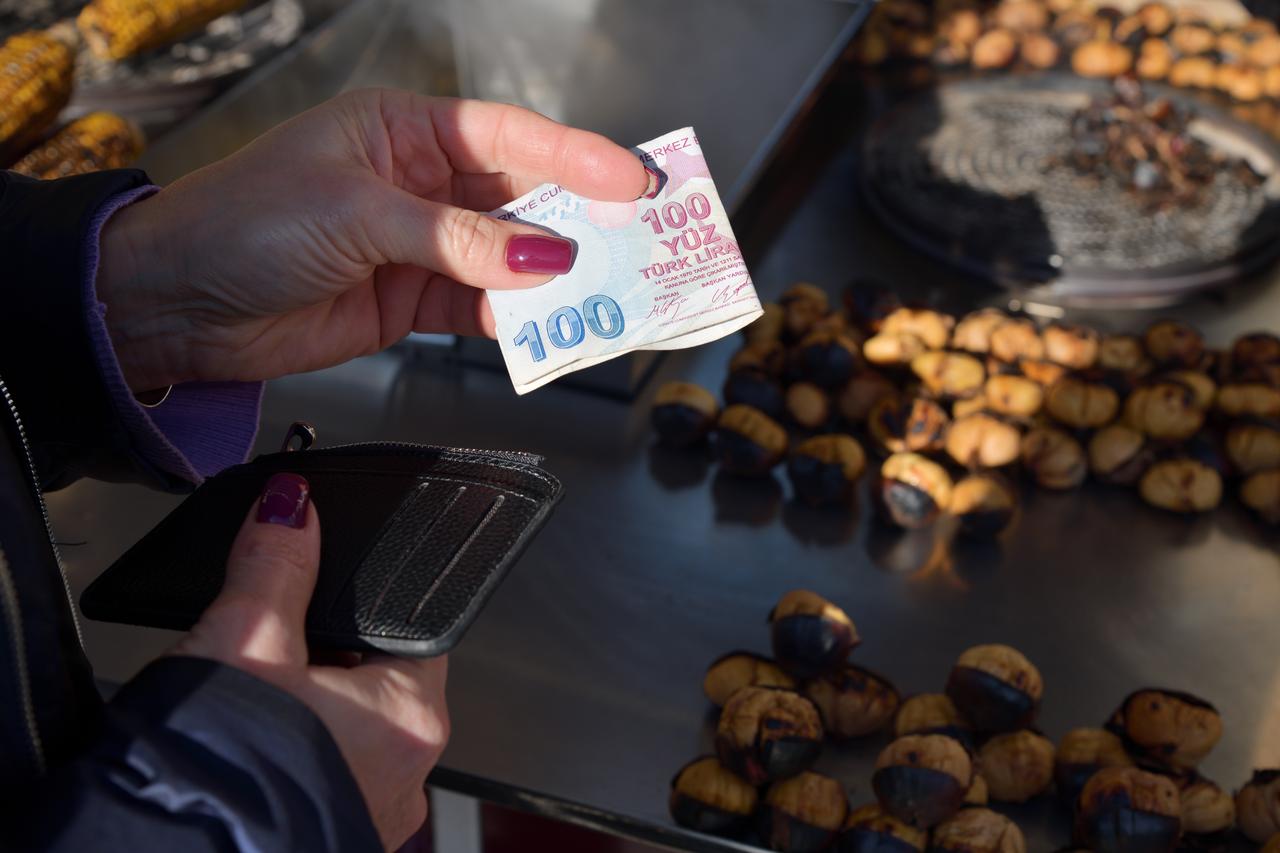
Selvi asserted that while still the leading party, the AK Party’s support is being held back by Türkiye’s ongoing economic struggles.
Despite positive developments such as the PKK’s disarmament talks, President Recep Tayyip Erdogan’s party has not seen a proportional rise in backing.
“The economic pressure on low- and middle-income citizens is severe,” wrote Selvi, cautioning that the government must urgently find solutions to maintain its political standing.
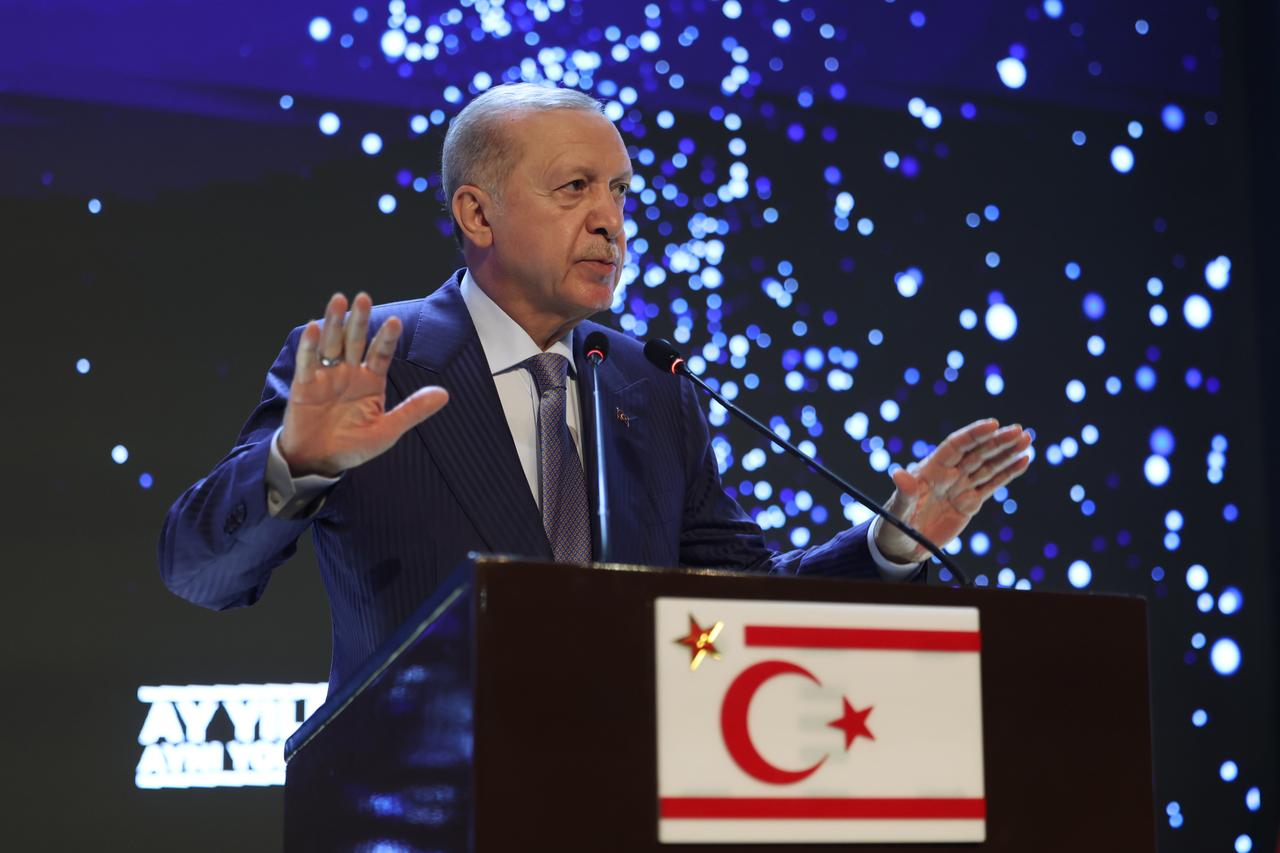
The GENAR report also surveyed perceptions of global leaders among Turkish voters. President Erdogan was ranked the most influential with 47.7%, followed closely by Russian President Vladimir Putin at 46.6%.
U.S. President Donald Trump came third at 38.1%, ahead of Chinese President Xi Jinping at 23.1%. French President Emmanuel Macron, Italian Prime Minister Giorgia Meloni, and Saudi Crown Prince Mohammed bin Salman followed.
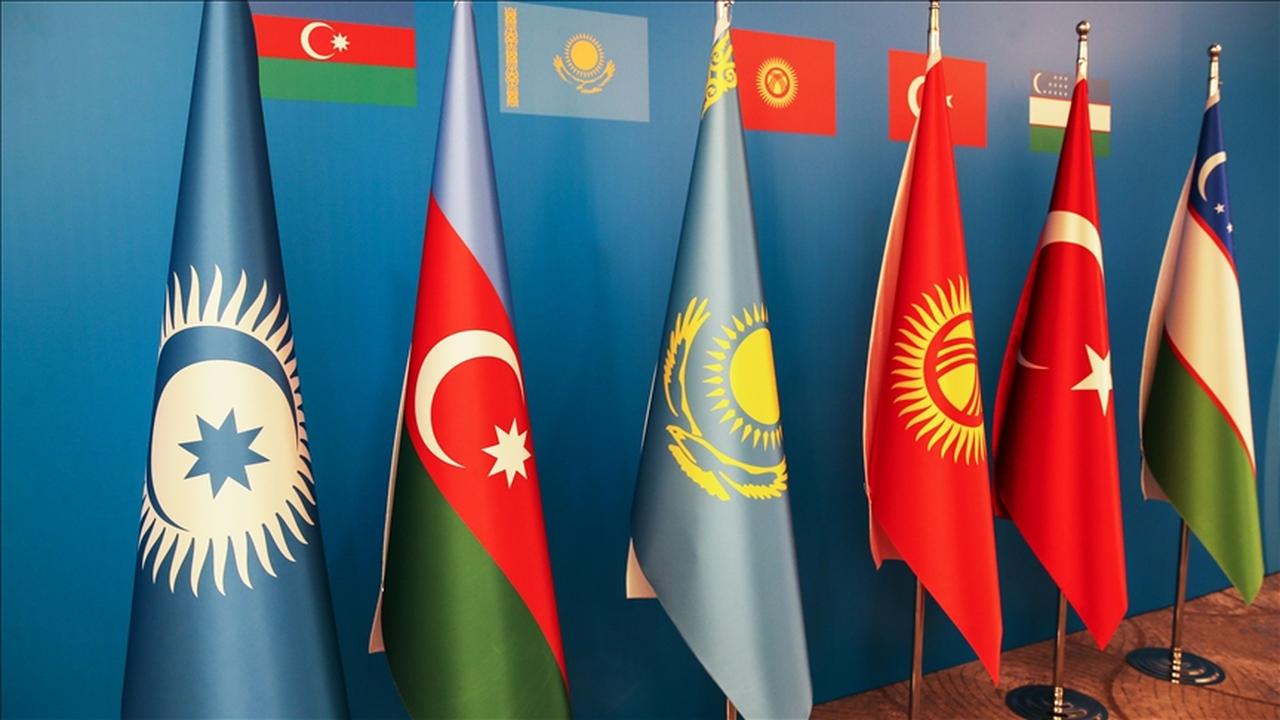
GENAR data reveals a strong national consensus on foreign policy. A plurality of voters (43.8%) want Türkiye to act as an independent regional power.
Calls for alliance with the Turkic world (14.5%) and Islamic countries (13.4%) follow, while support for alignment with the European Union (13.3%) has declined sharply. Only 7.3% of respondents favor an alliance with the United States.
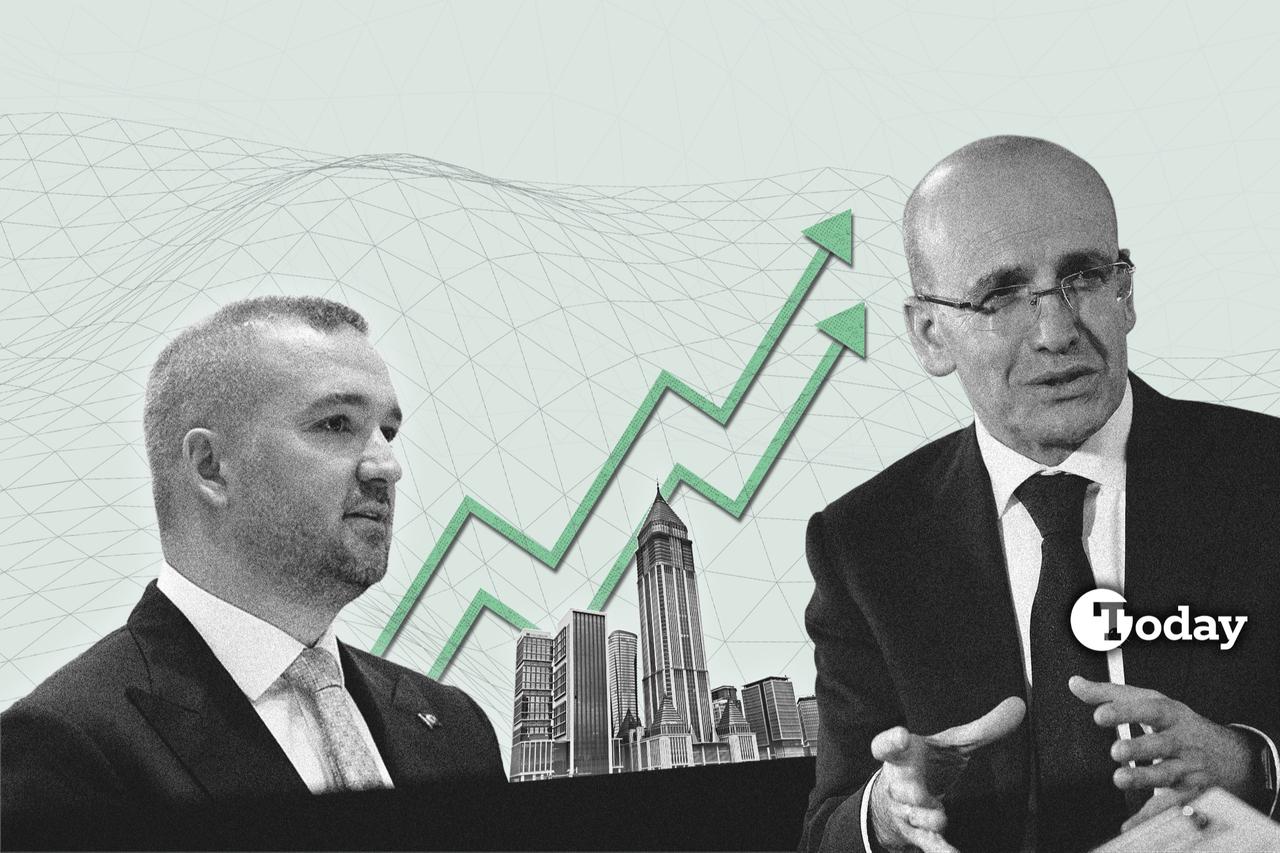
The survey also measured trust in Türkiye’s economic management. A total of 29.2% of respondents said they do not trust the economic team, while 26% said they have no trust at all. Only 4.1% expressed strong confidence in the administration’s handling of the economy.
Among economic priorities, inflation was cited by 46.3% of respondents as their top concern. Unemployment risk came second at 20.4%, followed by interest rates (17.1%) and exchange rate fluctuations (10.6%). Notably, women and young people expressed more optimism about the economic future, in contrast with more pessimistic male respondents.